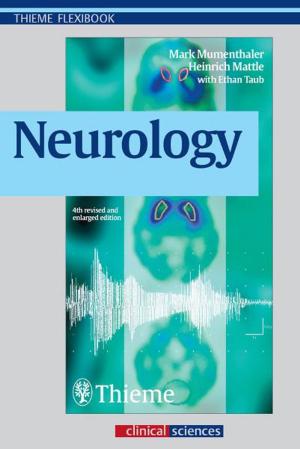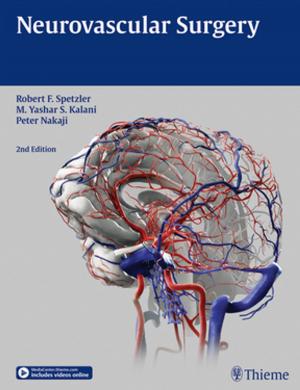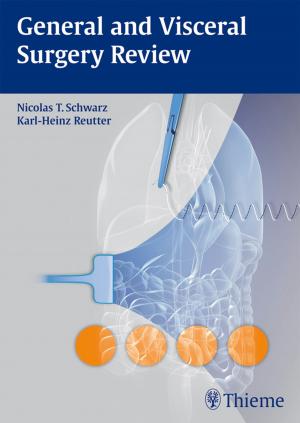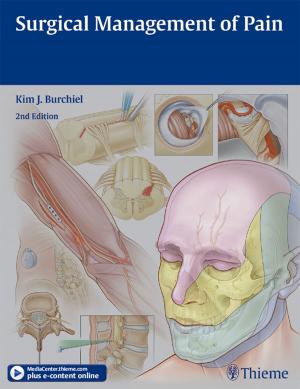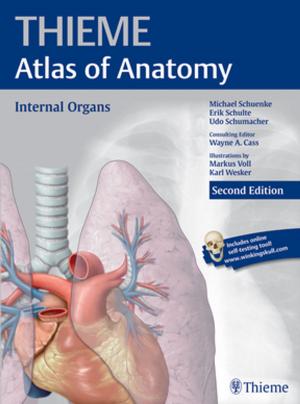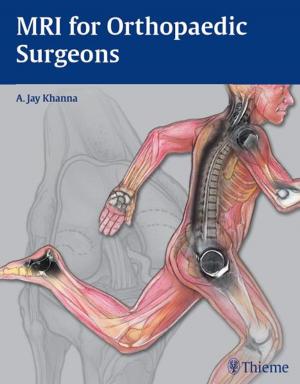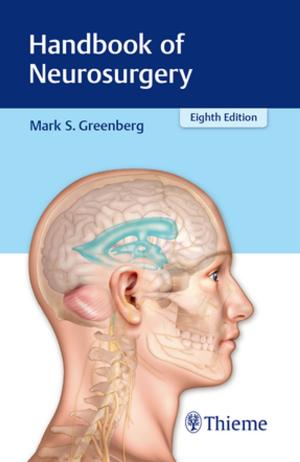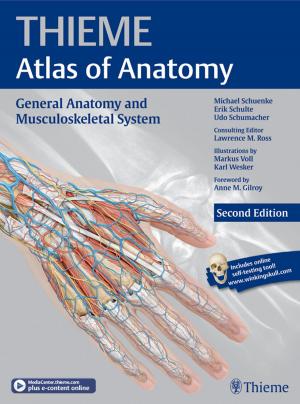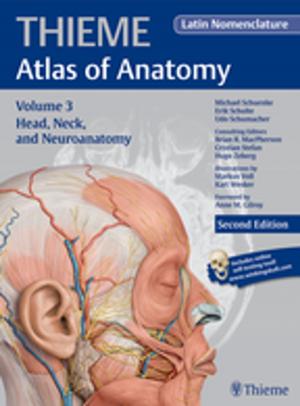Differential Diagnosis in Magnetic Resonance Imaging
Nonfiction, Health & Well Being, Medical, Medical Science, Diagnostic Imaging, Specialties, Radiology & Nuclear Medicine| Author: | Francis A. Burgener, Steven P. Meyers | ISBN: | 9783131605719 |
| Publisher: | Thieme | Publication: | January 1, 2011 |
| Imprint: | Thieme | Language: | English |
| Author: | Francis A. Burgener, Steven P. Meyers |
| ISBN: | 9783131605719 |
| Publisher: | Thieme |
| Publication: | January 1, 2011 |
| Imprint: | Thieme |
| Language: | English |
Organized by findings to reflect how radiologists really work, this abundantly illustrated book offers more than 2,000 magnetic resonance images depicting commonly seen congenital and acquired disorders, as well as many rare and unusual cases. Along with the radiographic findings, you will enjoy brief tabular summaries of essential demographic, pathologic, and clinical features of each disease. The book is divided into anatomical sections, including: the brain; head and neck; spine; musculoskeletal system; chest; abdomen; and pelvis. All diseases and findings are cross-referenced, providing quick access to desired information.Special features:Chapters arranged by anatomic location instead of by disease - mirroring the approach you apply in daily practiceHundreds of tables listing pathological features to assist in the diagnostic processDetailed descriptions allow you to differentiate between diseases and conditions that have similar appearancesMore than 2,000 state-of-the-art images, along with detailed diagrams and charts, give helpful examples of actual findings Extensive cross-referencing of information leads you to further resourcesHere is the quintessential guide to magnetic resonance imaging that radiologists and other physicians need to enhance their diagnostic skills. Residents and fellows will use it as an invaluable board preparation tool. Keep this practical text close at hand.
Organized by findings to reflect how radiologists really work, this abundantly illustrated book offers more than 2,000 magnetic resonance images depicting commonly seen congenital and acquired disorders, as well as many rare and unusual cases. Along with the radiographic findings, you will enjoy brief tabular summaries of essential demographic, pathologic, and clinical features of each disease. The book is divided into anatomical sections, including: the brain; head and neck; spine; musculoskeletal system; chest; abdomen; and pelvis. All diseases and findings are cross-referenced, providing quick access to desired information.Special features:Chapters arranged by anatomic location instead of by disease - mirroring the approach you apply in daily practiceHundreds of tables listing pathological features to assist in the diagnostic processDetailed descriptions allow you to differentiate between diseases and conditions that have similar appearancesMore than 2,000 state-of-the-art images, along with detailed diagrams and charts, give helpful examples of actual findings Extensive cross-referencing of information leads you to further resourcesHere is the quintessential guide to magnetic resonance imaging that radiologists and other physicians need to enhance their diagnostic skills. Residents and fellows will use it as an invaluable board preparation tool. Keep this practical text close at hand.

